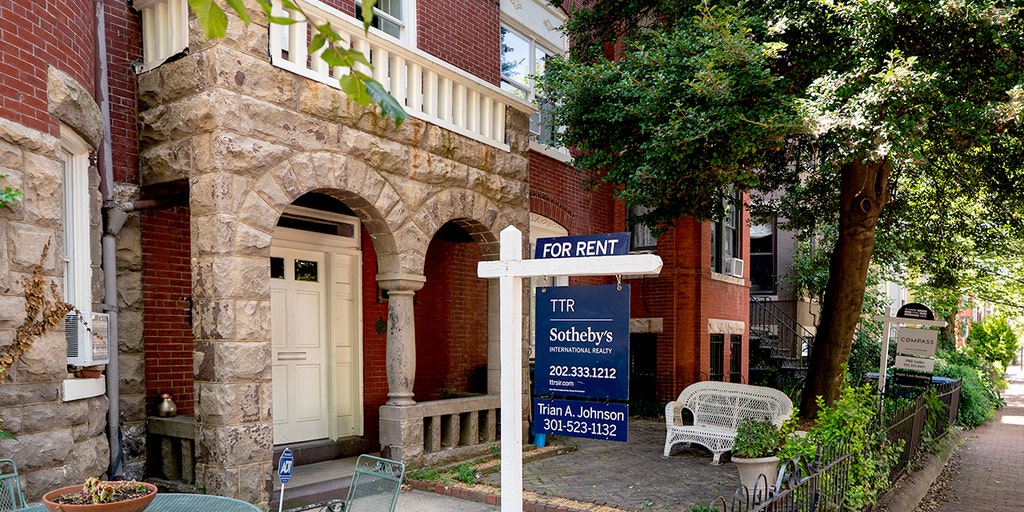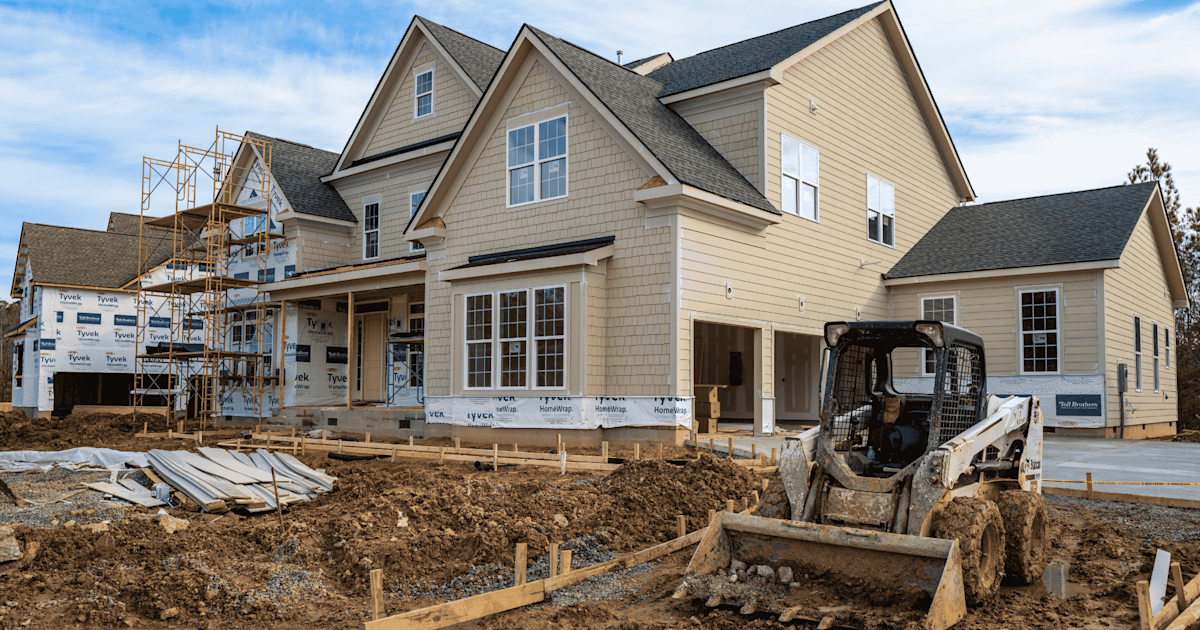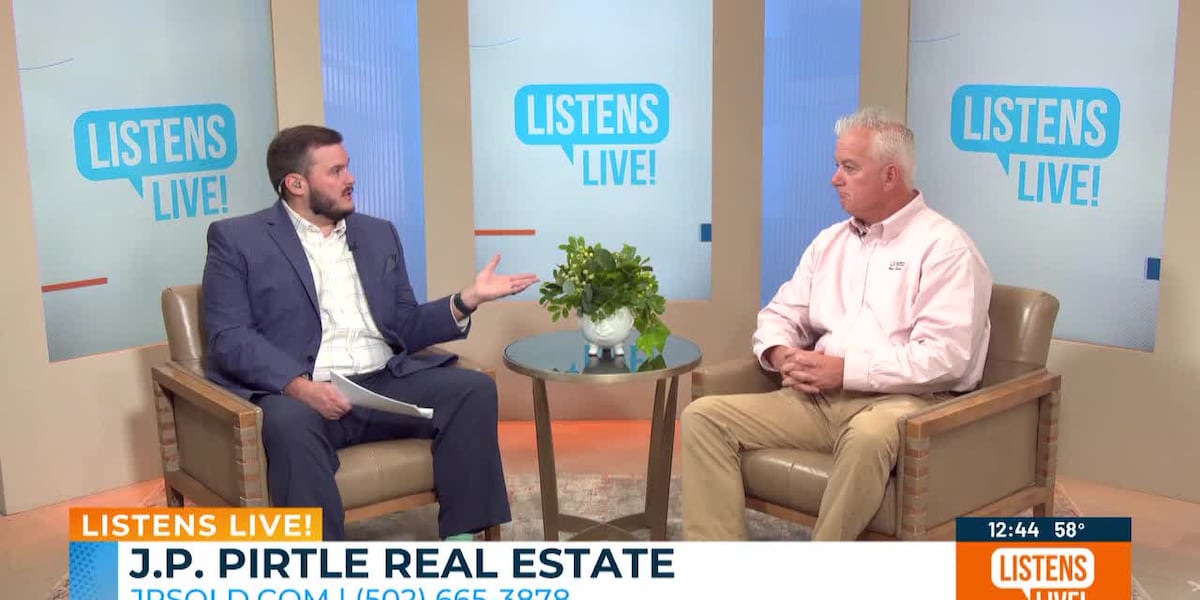F
raudulent rental applications are spreading nationwide as the U.S. housing market becomes more expensive and competitive. Greystar, the country’s largest apartment owner, told FOX Business that it has observed a clear rise in fake applications across the country. “Fraud in rental applications has become increasingly sophisticated, with some of the most advanced cases involving AI‑generated documents and fabricated payroll systems,” the company said.
Eric Taylor, head of trust and safety at TurboTenant, a free online property‑management platform, also reports a sharp uptick. He told FOX Business that nearly three‑quarters of apartment owners nationwide reported a significant increase in falsified applications last year, up roughly 40% on average. “As rents climb and affordable housing remains scarce, scammers are getting more clever. They’re using doctored pay stubs, fake employment letters, and even AI‑generated credit profiles to qualify for luxury apartments they can’t afford,” Taylor explained.
Greystar’s data show that certain Atlanta neighborhoods—Midtown, Downtown, and Buckhead—are especially affected. In those areas, about half of all applications were flagged as fraudulent. Other markets, such as Durham‑Chapel Hill, North Carolina; Salt Lake City, Utah; Portland, Oregon; Charleston, South Carolina; and Boston, Massachusetts, see a lower but still significant rate of fake applications, ranging from 14% to 18%.
Typical fraud involves forged pay stubs, bank statements, and employment verification letters. In some cases, applicants create entirely fabricated identities using stolen or manipulated personal information. The problem has worsened as technology makes it easier to produce convincing forgeries and as more leasing processes move online.
Greystar is tackling the issue by partnering with multiple fraud‑detection providers, training its staff regularly, and embedding advanced verification tools into its leasing workflow. The company has implemented several layers of verification to identify and prevent fraud, protecting both residents and the integrity of the leasing process. While no system is perfect, Greystar says its approach has “significantly reduced the number of bad applications” in its communities, thereby safeguarding residents, promoting housing stability, and maintaining the rental process’s integrity.
The American Apartment Owners Association noted in a 2023 report that if a landlord discovers false information on a rental application after a lease is signed, the tenant may face eviction and could be required to leave without notice. An eviction for lying on an application will appear on future credit reports and background checks, complicating future housing applications.
Taylor highlighted that the surge in fraud has already led to higher eviction rates, inflated rents, and financial losses that ripple throughout the rental market, affecting both landlords and honest renters. “The backlog in evictions and tenant‑protection laws means many fraudulent tenants stay longer, compounding losses,” he added.















